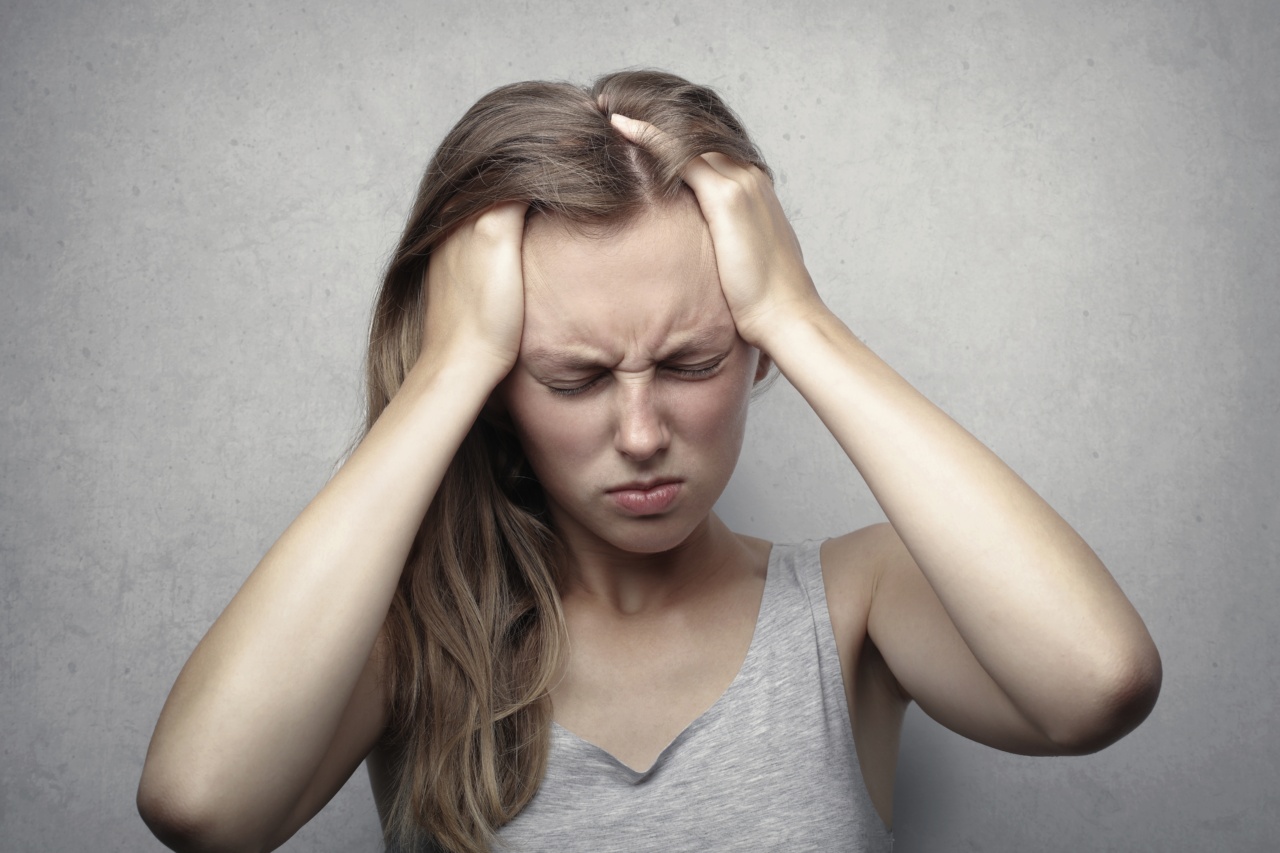Depression and other illnesses share similar symptoms, making it hard to tell them apart. Depression is often misdiagnosed as a physical illness or vice versa.
It is essential to understand the difference between depression and other illnesses to seek the right treatment and improve your health.
What is Depression?
Depression is a mental health disorder characterized by persistent sadness, low mood, and loss of interest in daily activities. It affects your thoughts, feelings, and behaviors and can lead to physical symptoms such as fatigue or sleep disturbances.
Depression can cause significant distress and impair functioning, leading to difficulties in daily life.
Physical Illnesses to Consider
Some physical illnesses share symptoms with depression, including:.
Thyroid disorders
Thyroid disorders can cause mood changes, fatigue, and weight changes, leading to confusion with depression. Proper testing is needed to diagnose thyroid disorders and determine the appropriate treatment.
Anemia
Anemia is a condition characterized by low levels of red blood cells or hemoglobin that reduce the amount of oxygen that can reach your tissues. Symptoms of anemia include fatigue, lethargy, and difficulty concentrating.
These symptoms mimic depression symptoms, and doctors may mistake one for the other.
Lupus
Lupus is an autoimmune disorder that affects various body systems, leading to symptoms like fatigue, muscle pain, and joint pain. Lupus can cause depression or worsen existing depression symptoms.
Diagnosing lupus requires a thorough medical examination and blood tests.
Chronic Fatigue Syndrome
Chronic fatigue syndrome is a disorder characterized by persistent fatigue that is not relieved by rest and worsens with activity. The fatigue caused by CFS can mimic depression symptoms, leading to confusion between the two conditions.
Proper diagnosis requires specific criteria to be met, including four or more symptoms and medical examinations with repeated testing.
When should you seek help?
If you are experiencing symptoms of depression or physical illness, it is essential to seek medical help.
If you think your symptoms are due to physical illness, your doctor will refer you to a specialist and conduct medical tests to diagnose the condition.
If your symptoms are due to depression, your doctor may recommend antidepressants or therapy. Antidepressants are medications that regulate brain chemicals to improve mood.
Therapy involves counseling with a licensed therapist to manage depressive symptoms and improve overall mental health.
Conclusion
Depression and physical illnesses share several common symptoms, leading to confusion between the two. While there is overlap between the symptoms, it is essential to determine the cause of the symptoms and get the proper diagnosis and treatment.
Seeking medical help is crucial in managing depression and physical illnesses, as both can lead to significant impairments in daily life.





























